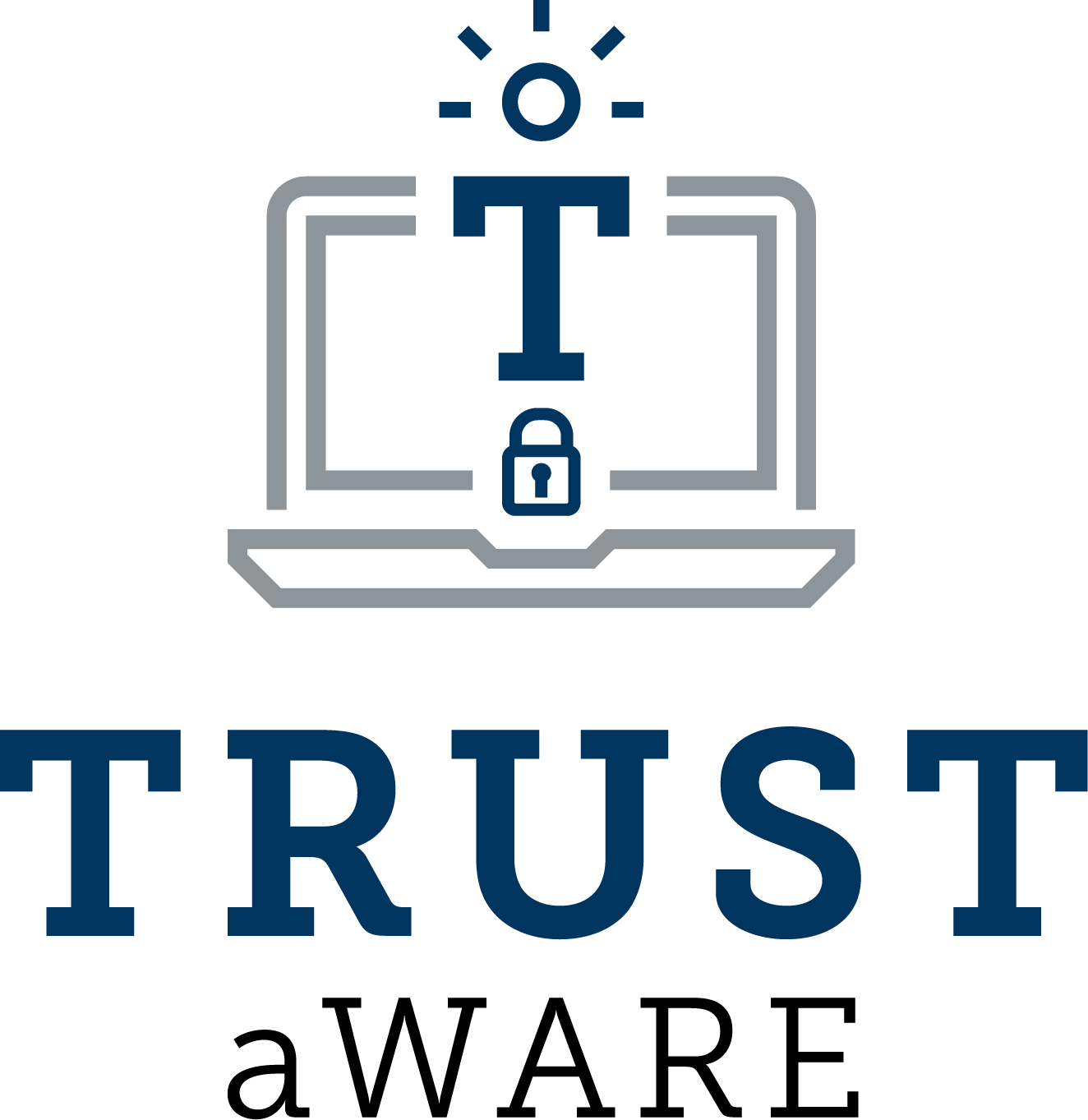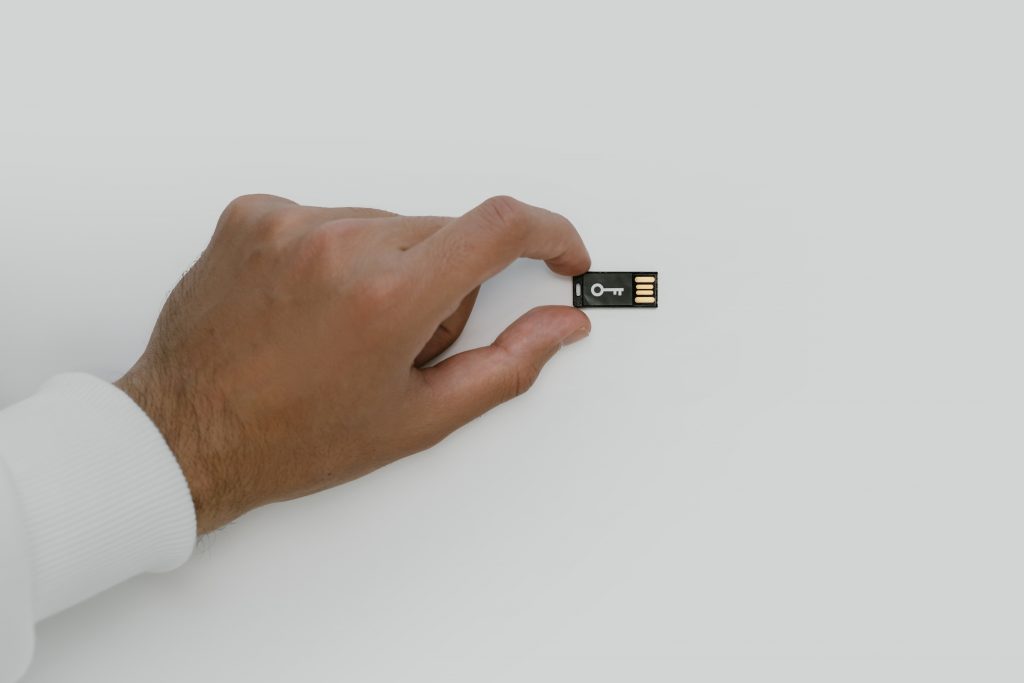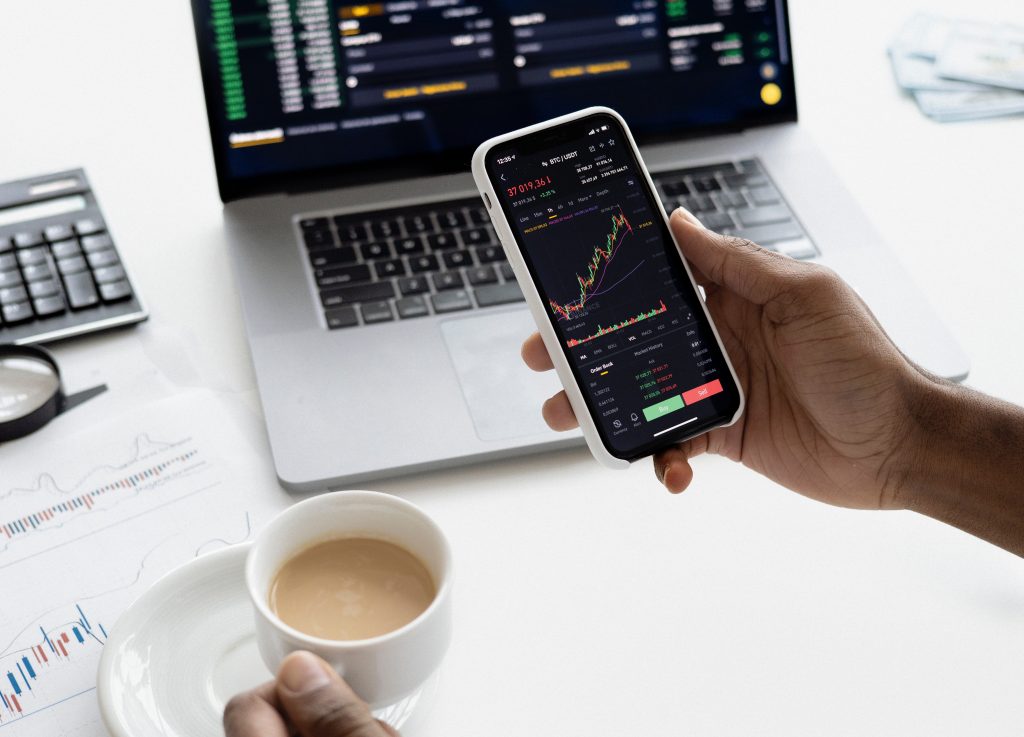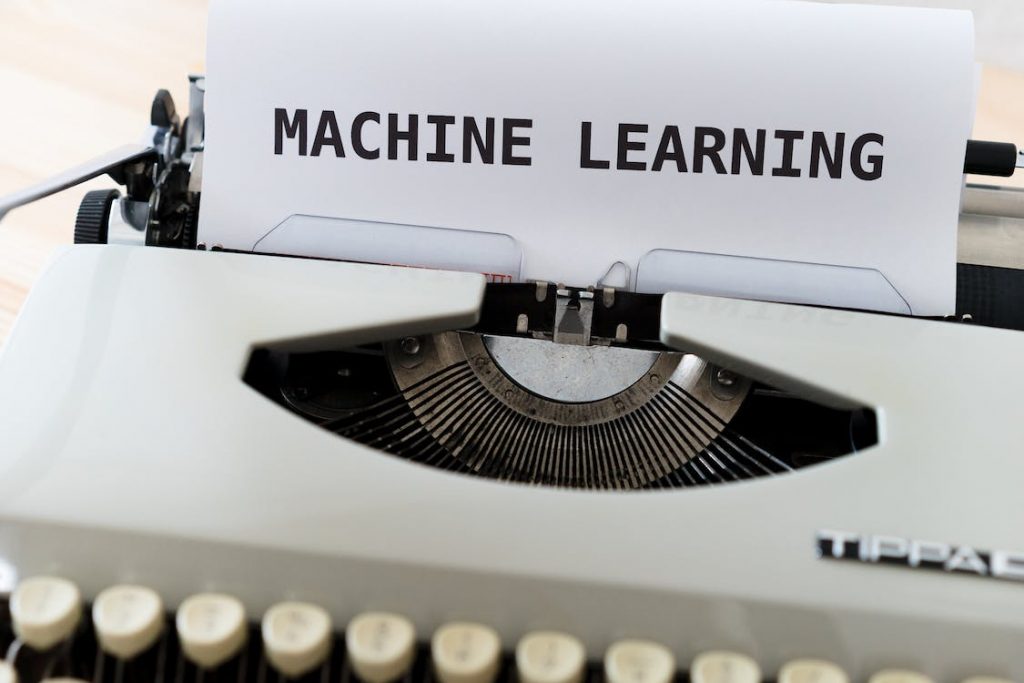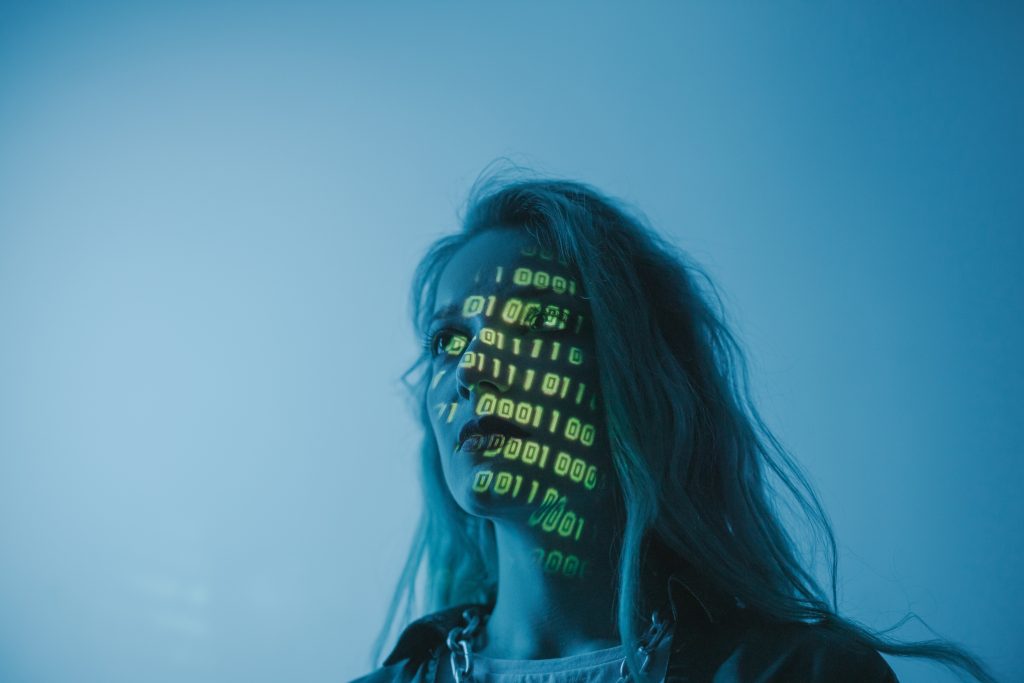Obfuscation in the Android ecosystem
Modifying a software application to make it harder to analyse is a task that has been done for years. One common goal is hiding Intellectual Property (IP) that is embedded in the code, and also licensing algorithms or program’s logic. Software protection techniques are also used by threat actors to hide malicious behavior in malware. The term obfuscation is typically used to refer to such modifications.
